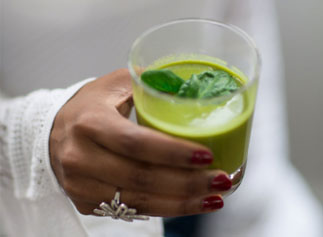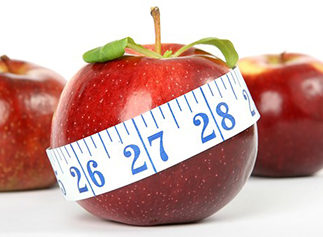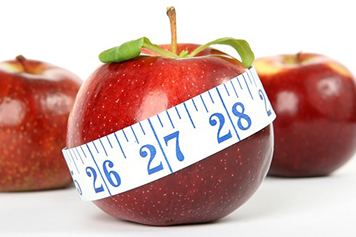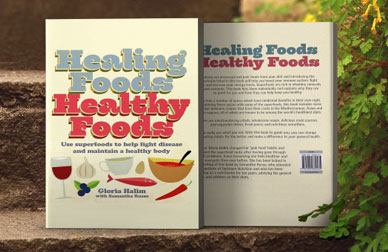Meet Gloria
Gloria Halim is the author of Healing Foods Healthy Foods a Consulting Chief & Wellness Officer, International and TEDx Speaker. She is an Award-Winning, Board-Certified Holistic Health Practitioner, trained at Institute for Integrative Nutrition (IIN) in New York and is board certified by the American Association of Drugless Practitioners (AADP). Gloria is a member of the International Association for Health Coaches (IAHC). She is also accredited by the Federation of Holistic Therapist (FHT).
She previously worked in busy IT departments in the Financial sector and Academia in London UK. Examples include, Bank of New York Mellon, Lloyds of London, Financial Conduct Authority (FCA) and the London Business School (LBS). Gloria understands the demands of corporate life, and how work-related stress can impact on overall health and a sense of wellbeing. She embarked on this career path after experiencing burnout and going through cancer treatment.
Getting diagnosed while in corporate and understanding the stress and pressure that occurs in that arena inspired Gloria to go back into that environment after writing her book and her training in New York to share her experience, knowledge and create a comprehensive approach to wellbeing that works and makes a difference not only to the employees but also to the company’s bottom-line.
Gloria believes that having the right information and tools to help improve health will go a long way to prevent serious disease.
She is also a member of the British Society for Integrative Oncology, the International Association of Health Coaches, and a board member of TPOT Charity (The Power of Touch).








